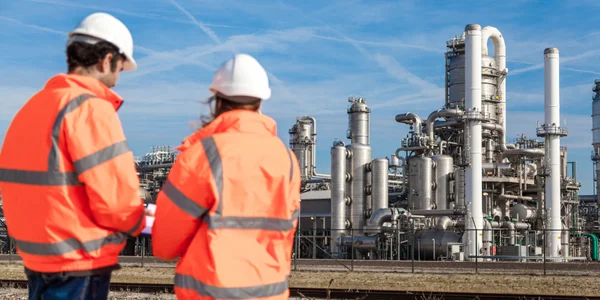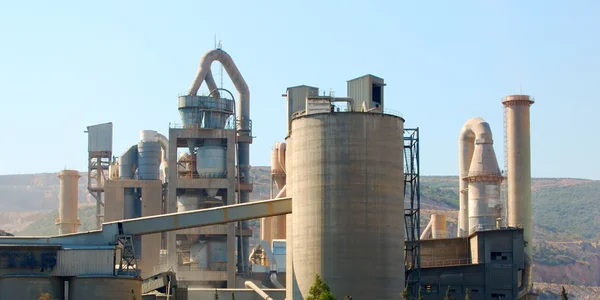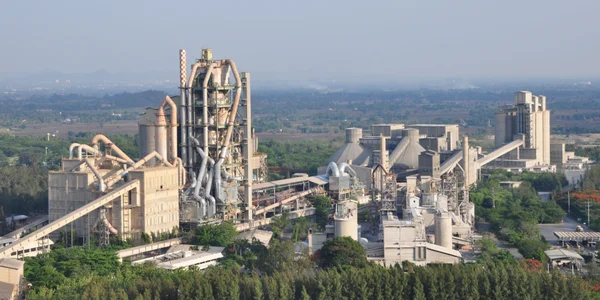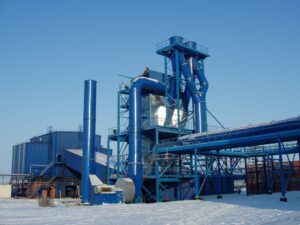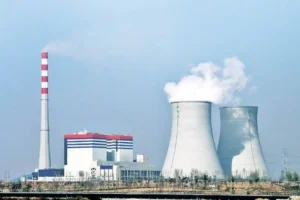Standorte
HAUPTSITZ

Deutschland
-
Intensivfilter Himenviro Technologies GmbH
Neustraße 45 - 49, 42553, Velbert, Deutschland/Deutschland - +49 20534200990
REGIONALBÜRO

Großbritannien
-
Intensivfilter Himenviro UK Limited
47, Bath Street WS13BX, Wallsall West Midlands, Großbritannien - +44 1922 628893
REGIONALBÜRO

Vereinigte Arabische Emirate
-
Intensivfilter Himenviro Technologies FZE – LLC
Geschäftszentrum, Sharjah Publishing City Free Zone, Sharjah, Vereinigte Arabische Emirate - +971-556074697
REGIONALBÜRO

Indien
-
Intensiv-Filter Himenviro Private Limited
D-247/11, Sector-63, Noida – 201301, Uttar Pradesh, Indien - +91-120-4642-500
REGIONALBÜRO

Indien
-
Intensiv-Filter Himenviro Private Limited
D-247/11, Sector-63, Noida – 201301, Uttar Pradesh, Indien - +91-120-4642-500
REGIONALBÜRO

Indien
-
Intensiv-Filter Himenviro Private Limited
D-247/11, Sector-63, Noida – 201301, Uttar Pradesh, Indien - +91-120-4642-500
Steel & Metal Air and Dust Filtration Solutions
The steel and metal industries generate intense levels of airborne pollutants, including fine dust, metal particles, and fumes, which, if uncontrolled, can lead to environmental contamination, health risks for workers, and equipment damage. Our air and dust filtration systems are tailored to handle these high-demand environments, capturing emissions from melting, smelting, casting, and finishing processes. Engineered to withstand high temperatures and particulate loads, our solutions improve air quality, enhance regulatory compliance, and protect workforce well-being, ensuring a cleaner, safer production environment.
Dust Filtration Process in the Steel & Metal Industry
Der Lichtbogenofen wird zur Herstellung von Baustählen, Edelstählen und rostfreie StähleDarüber hinaus wird es zur Herstellung von Karbiden und synthetischen Kristallen verwendet.
Entstaubungsanlagen für Lichtbogenöfen saugen die primären Abgase des Lichtbogenofens sowie die beim Schmelzen, Abgießen oder beim Beschicken und Entschlacken entstehenden sekundären Abgase vollständig ab und reinigen sie. Die im Pfannenofen, bei der Materialhandhabung und in weiteren angeschlossenen Anlagen entstehenden Abgase werden abgesaugt und behandelt.

Filter für Dachhaube
Filter für EAF
- 1. Dachhaube
- 2. Filter für Dachhaube
- 3. Ventilator
- 4. Schornstein
- 5. Lichtbogenofen
- 6. Wassergekühlte Schläuche
- 7. Wärmetauscher
- 8. Filter für EAF
- 9. Ventilator
- 10. Konverter
Erforderliche Spezifikationen
Filtertitel PJM
Filtertitel PJM
Applications for Steel & Metal Dust Control
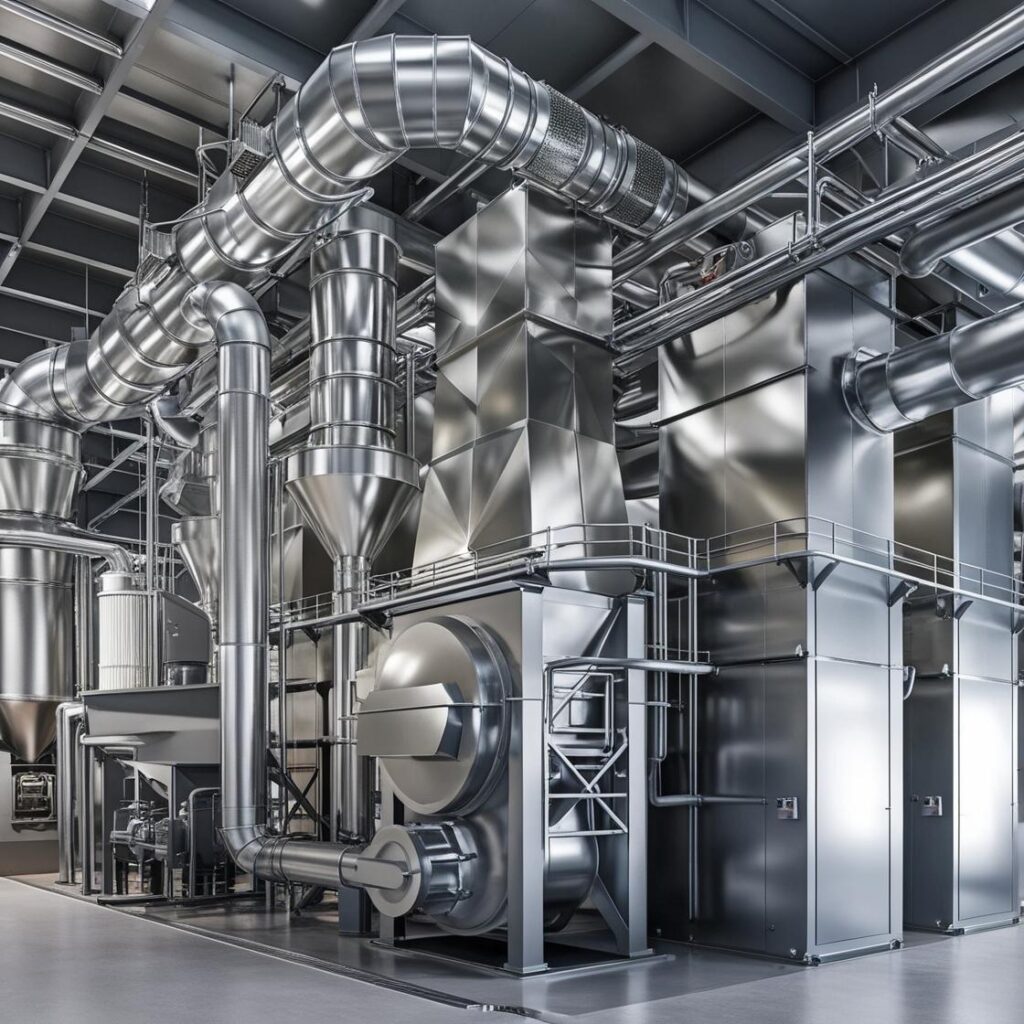
Controls dust and fumes released during smelting and melting, capturing hazardous particles generated in high-temperature furnaces.
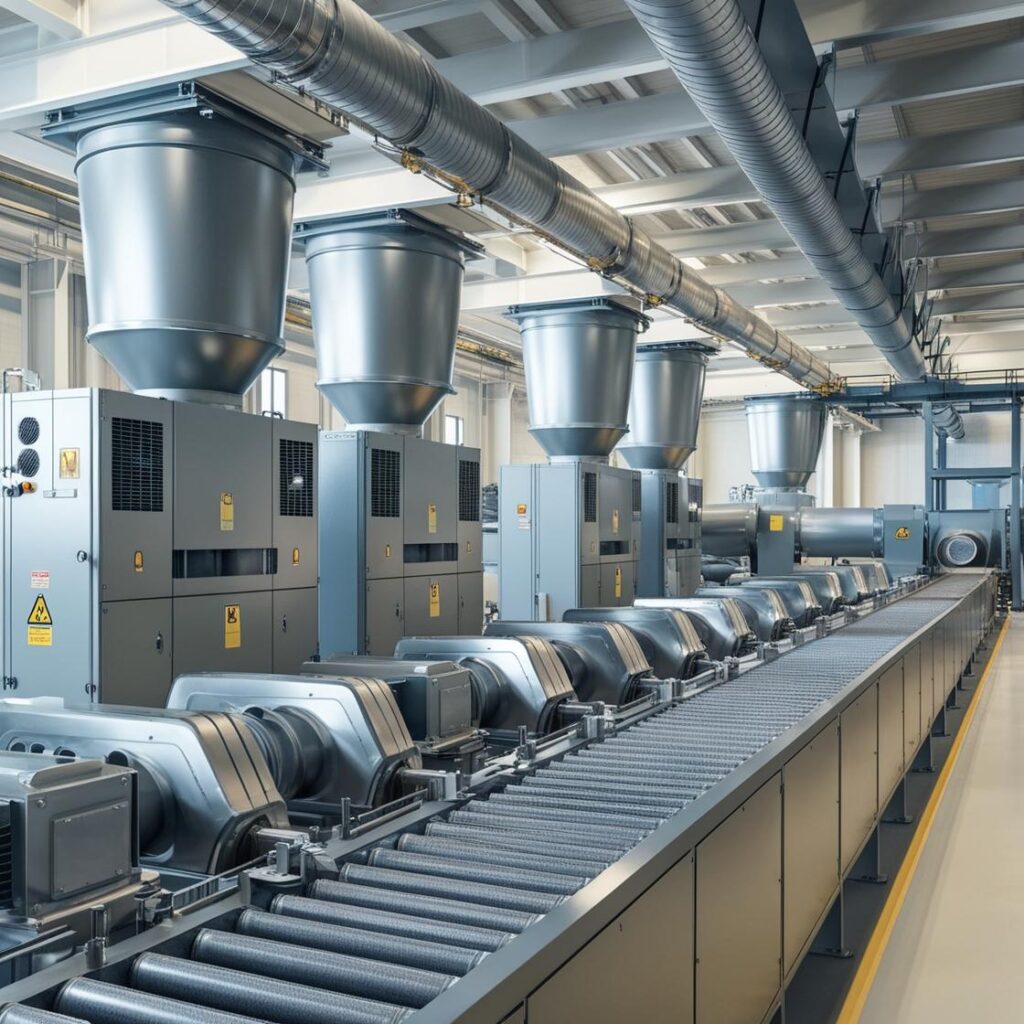
Reduces emissions from casting operations, capturing airborne particulates and metal fumes that can impact air quality.

Removes fine dust and metal shavings produced during grinding and polishing, preventing contaminants from affecting product quality and worker safety.
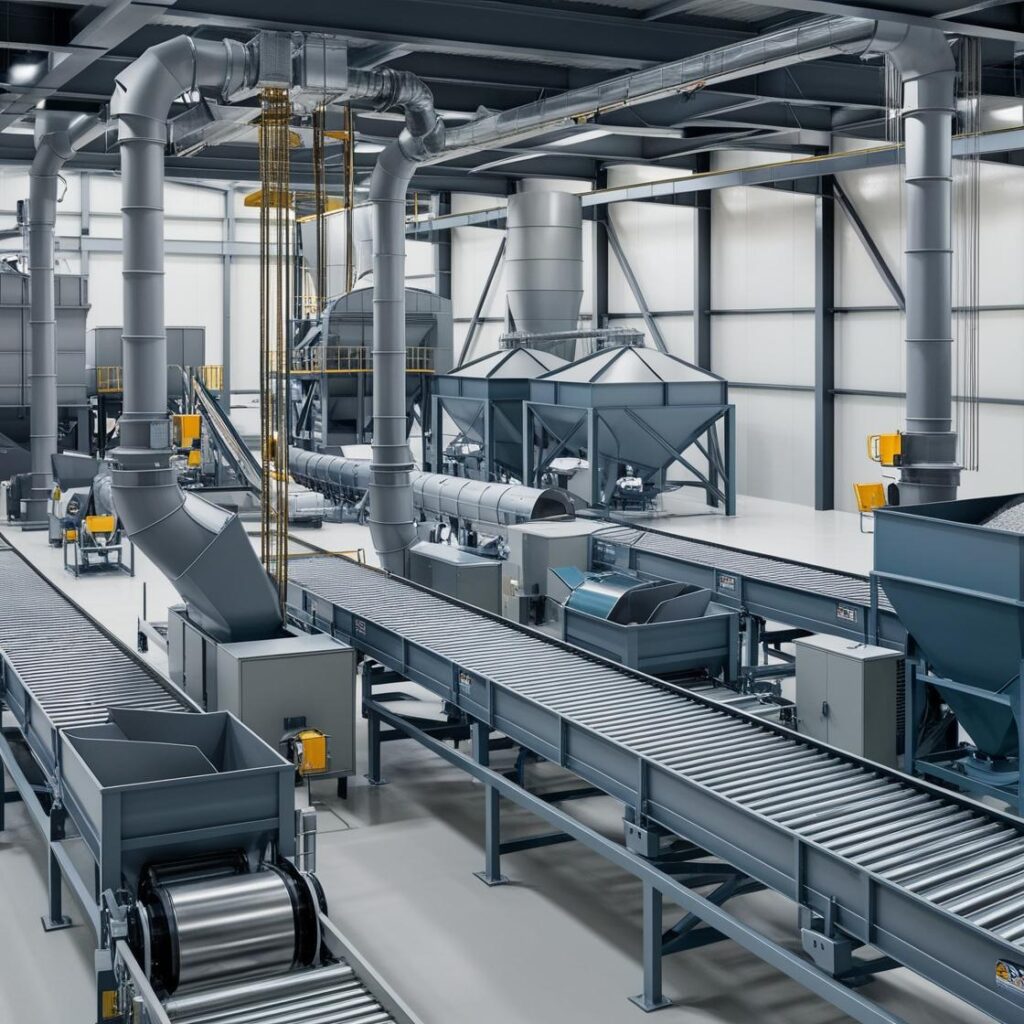
Controls dust generated during material handling, transport, and storage, minimizing particle release into the work environment.
Kontaktieren Sie uns für eine Expertenberatung
Entdecken Sie unsere anderen Dienstleistungen!
Häufig gestellte Fragen
In steel and metal processing, common filtration systems include baghouse filters, electrostatic precipitators (ESPs), wet scrubbers, and cyclone separators. Baghouse filters use fabric bags to capture dust particles, while ESPs use electrical charges to remove particulates from exhaust gases. Wet scrubbers remove pollutants by introducing a scrubbing liquid, and cyclone separators use centrifugal force to separate dust from gas streams. The choice of system depends on factors such as particle size, gas temperature, and specific process requirements.
Filtration systems enhance air quality by effectively capturing and removing particulate matter and pollutants generated during metal processing. By reducing emissions, these systems help facilities comply with environmental regulations and standards, thereby minimizing their environmental impact and promoting a safer workplace.
ESPs offer high efficiency in removing fine particles, achieving up to 99% efficiency, which is particularly beneficial in steel manufacturing where flue gas emissions often contain fine dust particles. They are capable of handling large gas volumes and operate effectively at high temperatures. Additionally, ESPs have relatively low pressure drops, resulting in lower energy consumption during operation.

